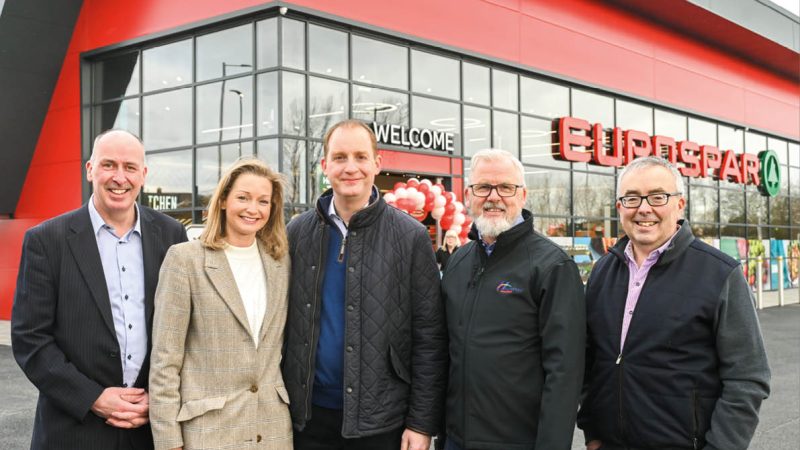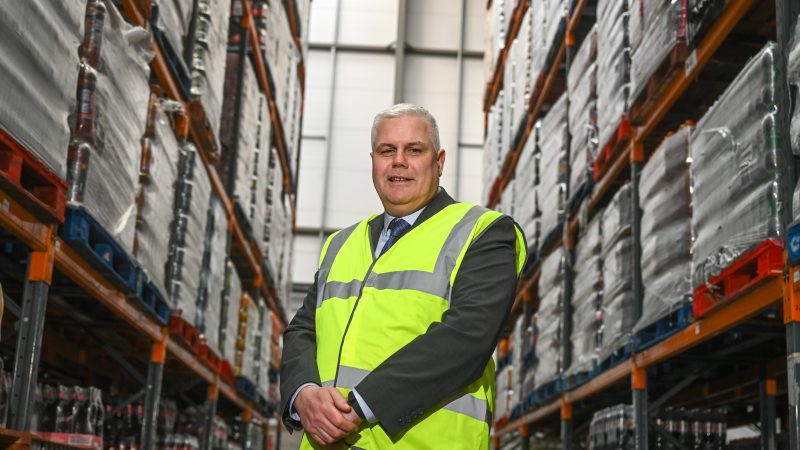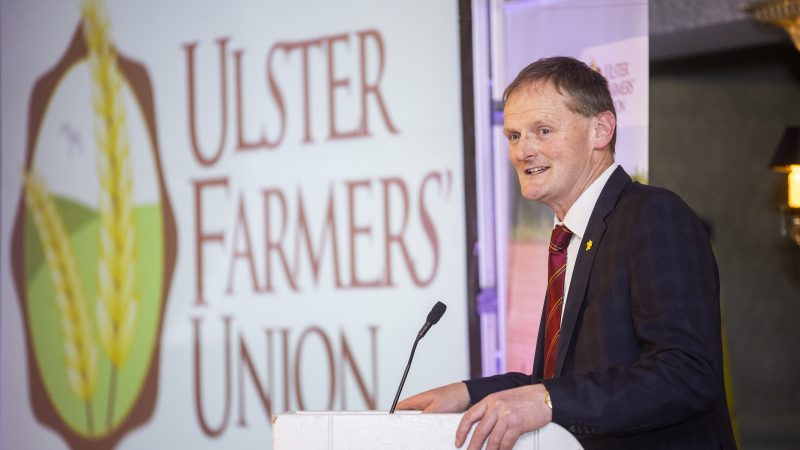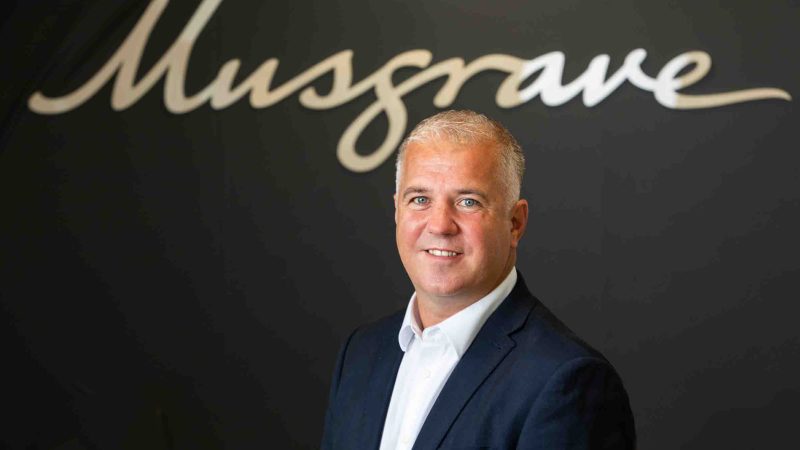Trade comment with Aodhán Connolly

Director of the Northern Ireland Retail Consortium (NIRC), Aodhán Connolly, tells Neighbourhood Retailer how 2019 has already been a mixed bag for retailers
2019 has already been a mixed bag for retailers. We have seen some very sobering results in both footfall and sales across the UK, and while stores here have seemed to buck those trends somewhat in the December results, we soon will no longer be immune to the loss of retail jobs that is now apparent in Great Britain.
At the time of writing, the first meaningful vote on the Prime Minister’s proposed Withdrawal Agreement has failed, and failed miserably, to gain the required votes to allow it to successfully pass through Parliament in Westminster. Businesses and households are now in a stagnant limbo while the prospect of a No Deal Brexit hangs over us, creeping closer and closer. Investment has stalled and grave concerns are palpable in every conversation I have with retailers from local to multinational. So, are we right to be concerned? Definitely. And what we should be most concerned about is the myths and misperceptions bandied about in the media.
Some are regularly saying in the media, that we won’t need to enforce border checks or any controls and the World Trade Organisation has even said it’s UK government prerogative. But if we don’t check RoI goods entering NI then we cannot discriminate against any other WTO members. It would be open to all. That would mean tariff and regulatory free access for goods from across the world, undoubtedly destroying indigenous manufacturing and agri-food industries. It would also mean a staggering disregard for smuggling and even health concerns in the food chain. The simple fact is both the EU and the UK will need to protect their markets.
There are voices saying that we should not be worried about our trade with Ireland or even with the EU but concern ourselves with our biggest trading partner, Great Britain. Quite simply NI businesses do not have the luxury of a choice of either/or Northern Ireland may sell £14bn worth of goods to Great Britain every year, but these ‘Made in NI’ products comprise parts from across NI/RoI due to all-island supply chains. This is backed up by fact that 70 percent of the 2.4m trucks each year entering NI from Ireland are carrying ingredients and components. We have hugely complex supply chains where agri-food and industrial ingredients traverse the borders many times before they become the finished product. These supply chains were not built in the 20 years since the Belfast Good Friday Agreement, they were built during 40 years of membership of the EU.
So, if we have tariffs and/or regulatory controls on cross border goods then we make those goods we sell to GB less competitive in price and even risk their existence.
Even without Brexit, this will be a tough year for retailers. We have just reached the ignominious accolade of reaching two years without a sitting Assembly or Executive which means that NI has fallen behind our neighbours to the south and to the east on a range of issues
In this past two years across the UK, we have seen the debate on business taxation drive forward, Headway coming from the Barclay review in Scotland, such as three-year revaluations of business rates, is now being delivered and the same happening in Wales and England. The fact that retail in Northern Ireland is 12 percent of the economy but pays almost a quarter of business rates is simply unsustainable.
We also have no access to the millions of pounds that we are paying in to the Apprenticeship Levy which has become no more than a tax. We need reform to allow us to remove barriers such as apprenticeships in NI only being delivered until the age of 25 or the length of time required. These barriers mean that the system and the Levy do not work for our industry. This is in stark comparison to Scotland, where not only is there a Flexible Workforce Development Fund but Levy payers can claim back £15,000 of their fees.
Both the reforms needed for business rates and for the Apprenticeship Levy could happen very quickly if we had our Assembly back up and running.
Two years of no Executive has slowed progress on many issues to a snail’s pace. It is making Northern Ireland a less competitive place to do business not only now but for investment decisions being made going forward. Change can only happen when our government deigns to sit. So, it’s time for our parties to get back to work and protect the economy, jobs and our workers. 2019 would be a better place for business in Northern Ireland if we have an Executive to take the bold decisions needed.
In short, the key word for 2019 will be resilience for this will be an uncertain year in many respects. Luckily, we in the retail industry and our shoppers have it in abundance. This will be a year not of retail Armageddon, but of retail reinvention.







